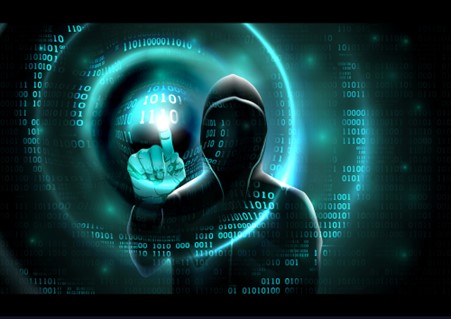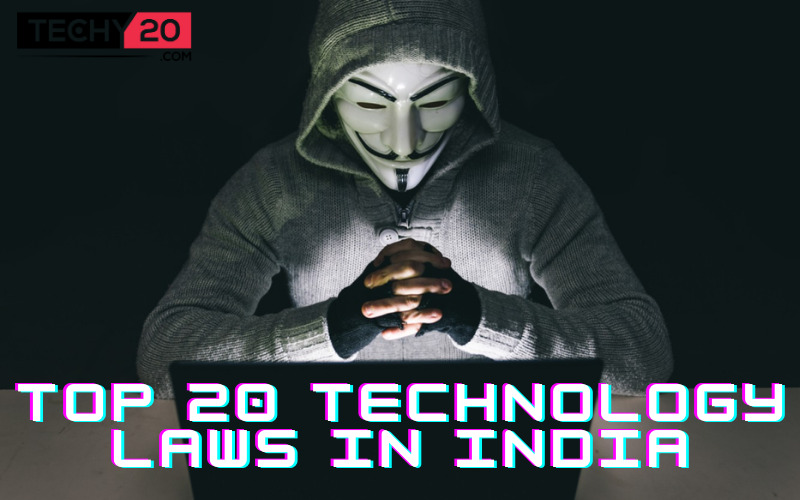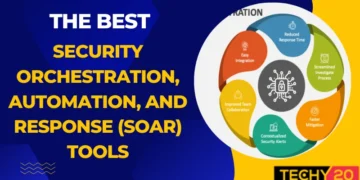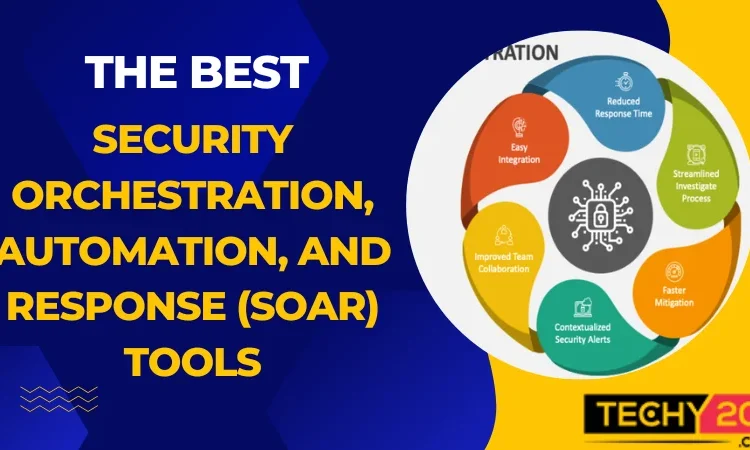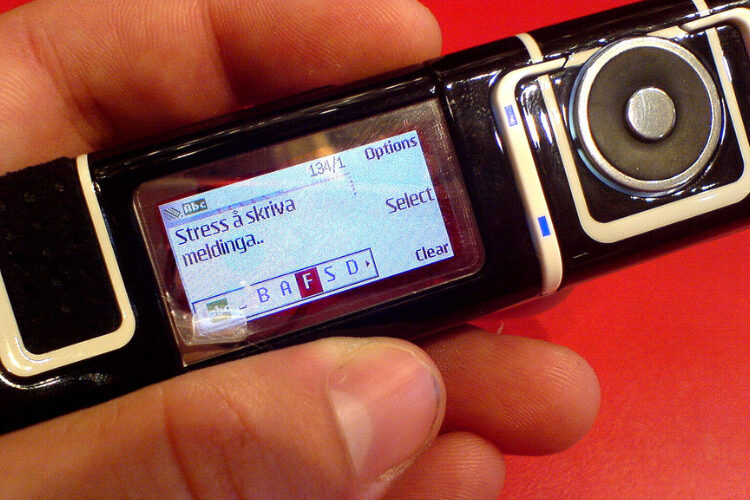We are on a planet where advanced technology takes care of our daily lives. And as the two sides of a coin, technology can also be used for fraud and scams. Cyberlaw is essential to control this situation because it covers almost all worries related to the Internet and cyberspace. From a common point of view, it may seem like cyber laws are only associated with IT firms or hackers’ areas and that they do not solve common daily life problems. But through strong cyber laws, it is easy to maintain a problem-free internet space for everyone. Cyber laws try to be public-friendly and approachable by ensuring that victims do not have to go through the miseries of a long court process.
1. Indian Penal Code, 1860
The Indian Penal Code 1860 was introduced in 1860 in the Indian Parliament. This part of the IPC deals with crimes involving password theft committing scams, or creating unauthorized websites. Cybercrimes such as creating bogus websites and virtual scams are punishable by a seven-year prison sentence or fine under IPC 1860.
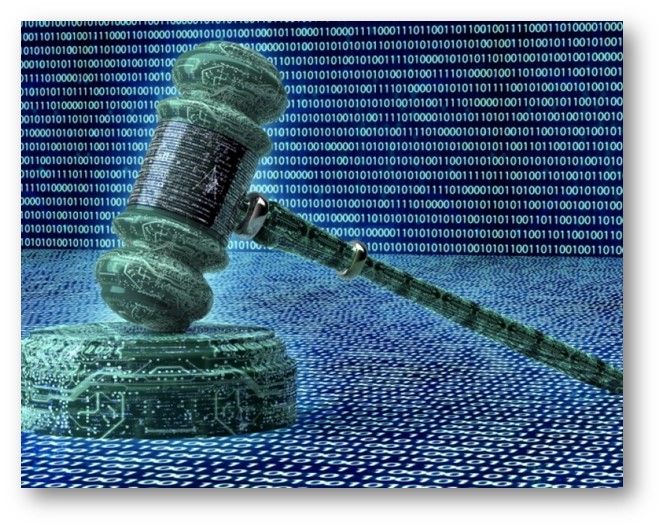
2. The Information Technology Act, 2000
The ‘IT Act’ or ‘Information Technology Act, 2000 is a revolutionary law to legally protect people from technology-related fraud and assure privacy and protection of consumers. The law was implemented on October 17, 2000. The law provides electronic agreements with legal validity and identifies electronic signatures.

3. Section 65 Of The IT Act
Section 65 of the IT Act is regarded as one of the most important sections of cyber law. The offenses under Section 65 deal with the case if the person intentionally tampers, erases, alters, or ruins any device-original document, the person is liable to a fine of up to two lakhs rupees or a jail sentence for up to three years or both.
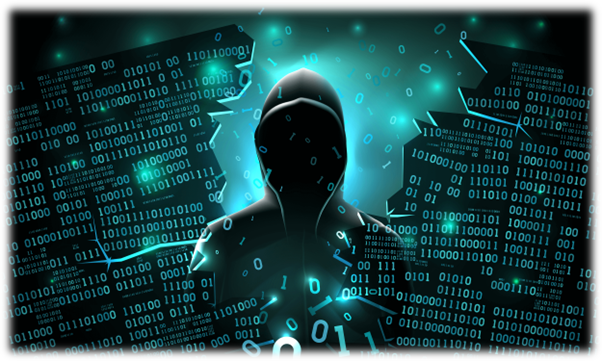
4. Section 66(A) Of The IT Act
IT Act Section 66(A) is a part of the Information Technology Act, 2000. Section 66(A) deals with abusive or offensive messages sent through any communicative device, including mobile phones and computers. The person who commits the crime is liable to a fine of up to five lakh rupees and a jail sentence of up to three years or both.
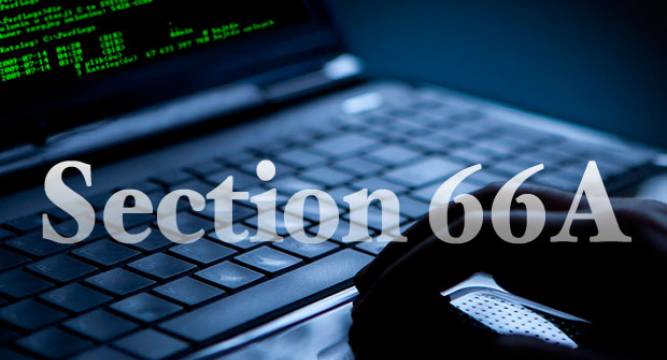
5. Section 66(B) Of The IT Act
Section 66(B) is related to the business of stolen devices and their punishment. The people who intentionally and untruthfully accept or try to do business with the stolen communicative devices will be liable to a fine of up to one lakh or a jail sentence of up to three years or both.
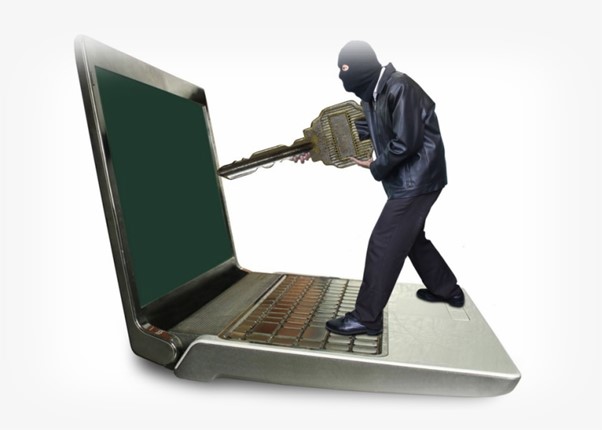
6. Section 66(C) Of The IT Act
Section 66(C) deals with the misuse of personal features. If someone untruthfully or without permission misuses another person’s password, electronic signature, or any other personal security or identification detail, they shall be punished with a fine of up to one lakh rupees or a jail sentence of three years or both.
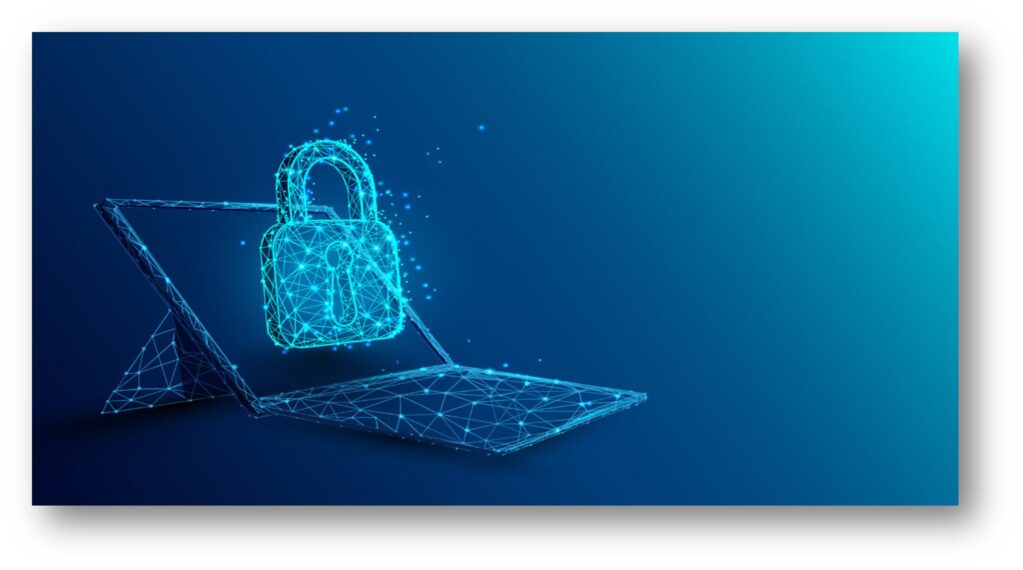
7. Section 66(D) Of The IT Act
Section 66(D) deals with personation cheating and its punishment. Anyone who fraudulently uses any communication device, including computer resources, faces a fine of up to one lakh rupees or a three-year prison sentence, or both.
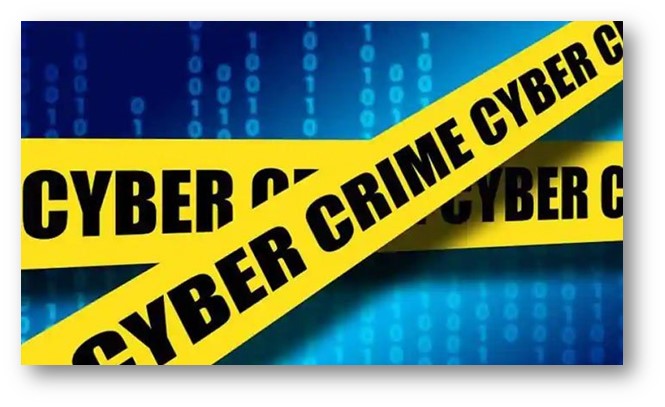
8. Section 66(E) Of The IT Act
Section 66(E) is related to the violation of the privacy of a person using images. When someone intentionally or unknowingly clicks and spreads pictures of private property without the owner’s consent or violates their privacy, it will lead to a fine of two lakhs rupees or a jail sentence of three years or both.

9. Section 66(F) Of The IT Act
Section 66(F) of the Information Technology Amendment Act of 2008 addresses cyber terrorism and its punishment. Cyber terrorism includes illegal access, access denial, initiation of a computer contaminant causing harm to the public, assets, supply disruption, and essential infrastructure. If a person commits any cyber terrorism, it will lead to a jail sentence and even imprisonment for life.

10. Section 67(A) Of The IT Act
Section 67 includes the punishment for sexually inappropriate content-spreading. Anyone who intentionally or unintentionally creates or distributes sexually inappropriate electronic content faces a fine of up to ten lakh rupees or a five-year jail sentence or both.
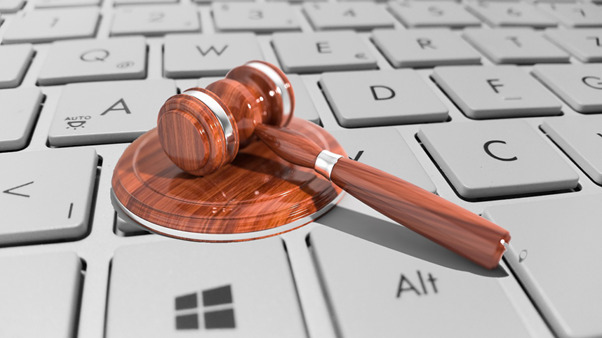
11. Section 67(B) Of The IT Act
Section 67(B) deals with the punishment for sharing offensive or pornographic content in electronic form. According to the law, a person who shares sexually inappropriate or obscene content with others in an electronic form will be liable for a fine of up to ten lakhs or sentenced to jail for five years or both.
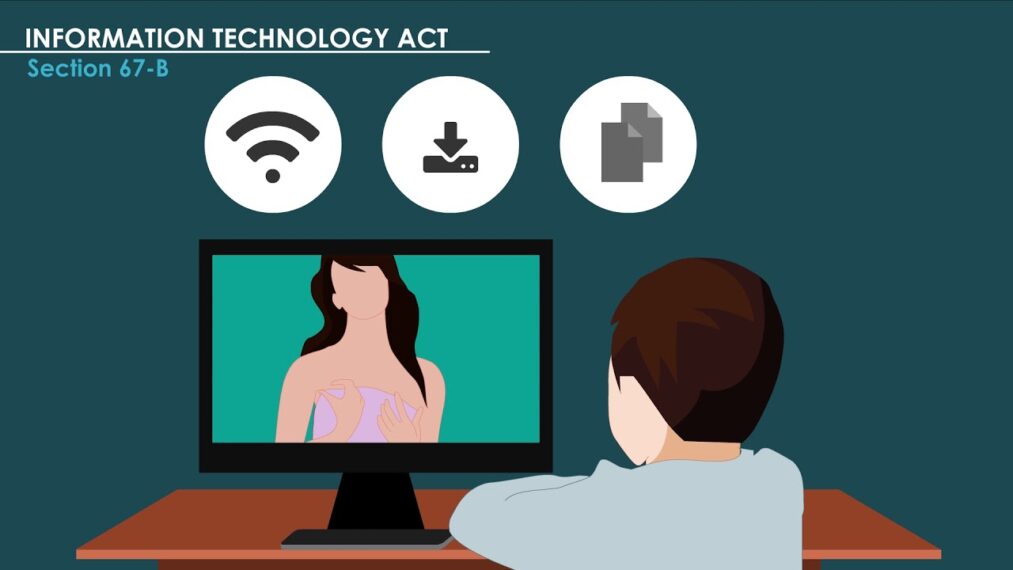
12. Section 67(C) Of The IT Act
Section 67(C) relates to the punishment for the violation of the rules by a mediator. When a mediator violates the provisions of Section (1), the person will be punished with a large fine or a jail sentence of up to three years.

13. Section 68 Of The IT Act
Section 68 states the imprisonment and fine amount of a crime knowingly committed by disobeying the law. If a person fails to act following Section (1), the person is liable to a one lakh rupee fine or a jail sentence of up to two years or both.
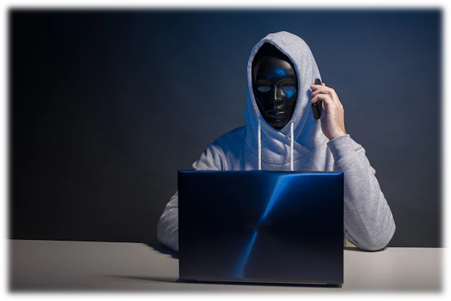
14. Section 69 Of The IT Act
Section 69 gives power to the government authorities to supervise, intercept, or crack any information that is received, transmitted, stored, or generated in a communication device like a computer, to sustain the nation’s security. The culprit will be liable for a fine or a jail sentence of seven years or both.

15. Section 70 (A) Of The IT Act
Section 70 states if a communication device resource directly or indirectly affects the data and resources of the facility of critical information infrastructure (the security of the nation, public safety, national economy, or public health), the person will be liable for a fine and jail sentence of up to ten years or both.

16. Section 70(B) Of The IT Act
Section 70 (B) deals with the important part of the law. It states that any service provider, data center, mediator, group of companies, or person who fails to provide the requested information or fails to act under the sub-section (6) is punishable by a fine of up to one lakh rupees or imprisonment of up to one year or both.

17. Section 72 Of The IT Act
Section 72 deals with any individual, including a mediator, who discloses any material containing personal data of the other person while providing services under the terms of a legal agreement, or in violation of a legal agreement, without the consent of the individual concerned with the intention of affecting or knowing that it is likely to cause unjustified damage or unlawful benefit, and is liable for up to five lakh rupees or a jail sentence of up to three years or both.
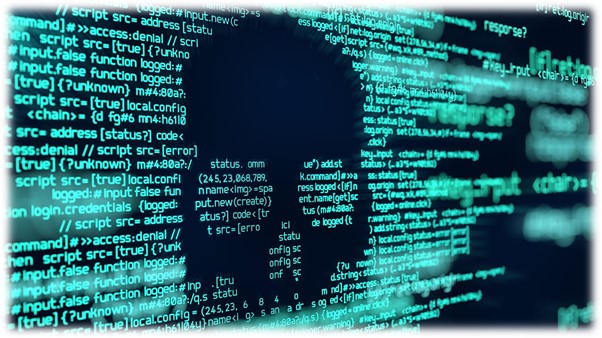
18. Section 74 Of The IT Act
Section 73 includes the law and punishment of the culprit who misuses electronic signature certificates. Individuals who dishonestly use electronic signature certificates for scams or fraud face fines of up to one lakh rupees or imprisonment for up to two years or both.

19. Section 75 Of The It Act
Section 75 explains cyber crimes under the IT Act 2000 in detail. If a person commits cyber crimes outside of the country and the crime includes or involves communication devices, networks, or resources located in India, then the provisions of the Information Technology Act will apply to the crime.

20. The Information Technology Bill
It is considered an amendment bill to the Information Technology Act of 2000 and was released in 2006. The Act makes a company that manages responsive private information of customers liable for up to Rs five crore if it fails to implement reasonable safety precautions to this information.
